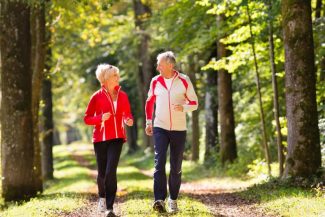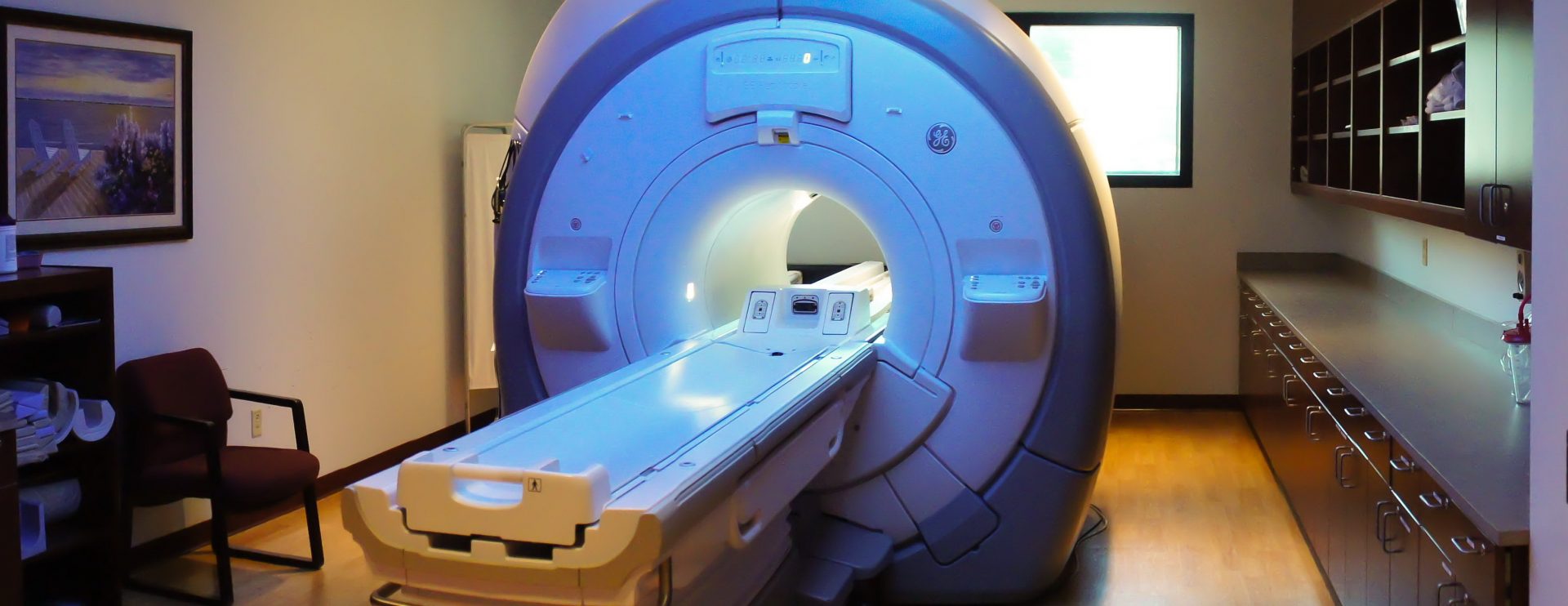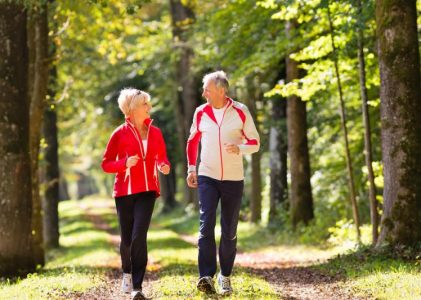 Falls are the leading cause of fatal injuries and nonfatal injuries in the U.S. population of adults age 65 and older which is why learning how to prevent falls is so critical. Falling accounted for more than 3 million visits to the Emergency Department, 962,000 hospitalizations and nearly 30,000 deaths in 2016 alone. Nonfatal injuries can leave older adults unable to care for themselves and experience a loss of mobility, independence and quality of life.
Falls are the leading cause of fatal injuries and nonfatal injuries in the U.S. population of adults age 65 and older which is why learning how to prevent falls is so critical. Falling accounted for more than 3 million visits to the Emergency Department, 962,000 hospitalizations and nearly 30,000 deaths in 2016 alone. Nonfatal injuries can leave older adults unable to care for themselves and experience a loss of mobility, independence and quality of life.
Hip fractures are one of the most serious injuries sustained by falling, with over 300,000 people age 65 and older hospitalized with a hip fracture each year. The majority of hip fractures, 95%, are caused from falling and usually occur when falling sideways. Women are more likely than men to experience a fall as more women experience osteoporosis, a disease which weakens bones and makes them more likely to break.
If you have osteoporosis or are in a fall risk category, don’t wait to talk to your doctor about fall prevention. Falls do not have to happen with older age, there are steps we can take which are proven to reduce the risk of falling. Make the following recommended changes to prevent your risk of falling and check out more tips and information from the Centers for Disease Control and Prevention on Preventing Older Adult Falls.
What You Can Do to Prevent Falls
Falling does not have to be a normal part of aging, there are many things that older adults and caregivers can do to prevent a fall. Taking a few simple steps now could allow you to live a much longer, happier, and more independent life with a higher quality of life. Some very important steps to take include:
- Talking with your doctor and reviewing your medication
- Some medications can make you feel dizzy or sleepy and more likely to fall. Talk to your doctor about taking a Vitamin D supplement that improves bone, muscle, and nerve health. Speak up and talk openly with your doctor about your risk of falling, if you’ve fallen in the past and have a fear of falling or if you feel unsteady.
Talk to your doctor if you have symptoms of dizziness upon standing or if you have Postural Hypotension, and learn the best ways to manage this to avoid feeling dizzy and falling.
- Some medications can make you feel dizzy or sleepy and more likely to fall. Talk to your doctor about taking a Vitamin D supplement that improves bone, muscle, and nerve health. Speak up and talk openly with your doctor about your risk of falling, if you’ve fallen in the past and have a fear of falling or if you feel unsteady.
- Exercise to improve your balance and strength
- A lack of exercise will lead to weakness which increases your chance of falling. Participating in a regular exercise program that improves balance and leg and lower body strength will significantly lower your risk of falling and also make you feel better. Talk with your doctor about an exercise program that is right for you.
Committing to a regular walking program will help you stay mobile. Many local malls open early just so people can come in and walk around before the rush of the crowd. This is a great option in the winter when it becomes more difficult to get out and walk in snowy areas.
- A lack of exercise will lead to weakness which increases your chance of falling. Participating in a regular exercise program that improves balance and leg and lower body strength will significantly lower your risk of falling and also make you feel better. Talk with your doctor about an exercise program that is right for you.
- Have your eyes and feet checked regularly
- Vision problems will increase your risk of falling. See your eye doctor regularly and have your glasses updated if needed. Make sure your healthcare provider examines your feet at least once per year. Discuss the benefits of orthotic footwear and whether you should see a foot specialist.
- Make your home safer
- There are many things you can do to make your home safer and help to reduce the risk of falling. Making the following changes will significantly reduce your risk of falling:
- Remove small throw rugs
- Remove obstacles that may cause a trip, such as shoes, clothes, books, and other items that may block a walking path or anywhere near stairs
- Install handle grab bars next to the toilet and inside the tub or shower
- Use non-slip mats inside the tub or shower
- Keep items within reach and not in high cabinets, so there is no need to use a step stool
- Use brighter lights inside your home, older adults need brighter lights to see well
- Install handrails on each side of all staircases
- There are many things you can do to make your home safer and help to reduce the risk of falling. Making the following changes will significantly reduce your risk of falling:
Following these tips could very well prevent you from falling and experiencing a life-debilitating injury or worse. Every second of every day in the U.S., an adult over the age of 65 will suffer a fall. Look out for loved ones this Holiday season and do what you can to prevent falls for anyone visiting your home. Talk about the risk of falling and put a plan in place for fall prevention and improved quality of life.
Greater Waterbury Imaging Center cares about your health and safety and encourages you to speak with your doctor about any risk of falling. Take steps now to prevent a serious injury and to ensure a better quality of life in the future. Contact us for all your MR imaging needs.


